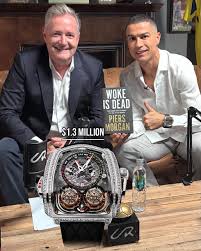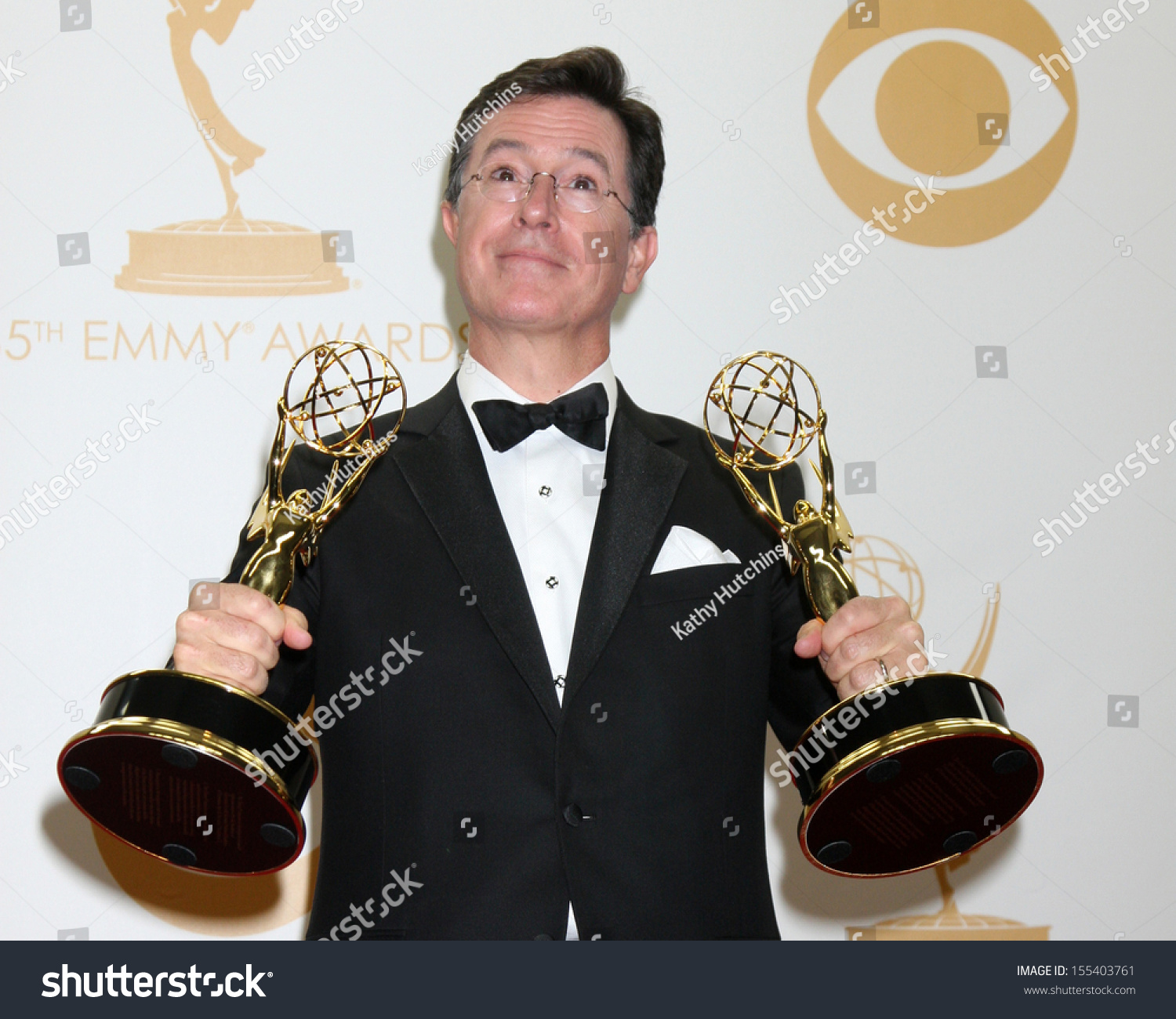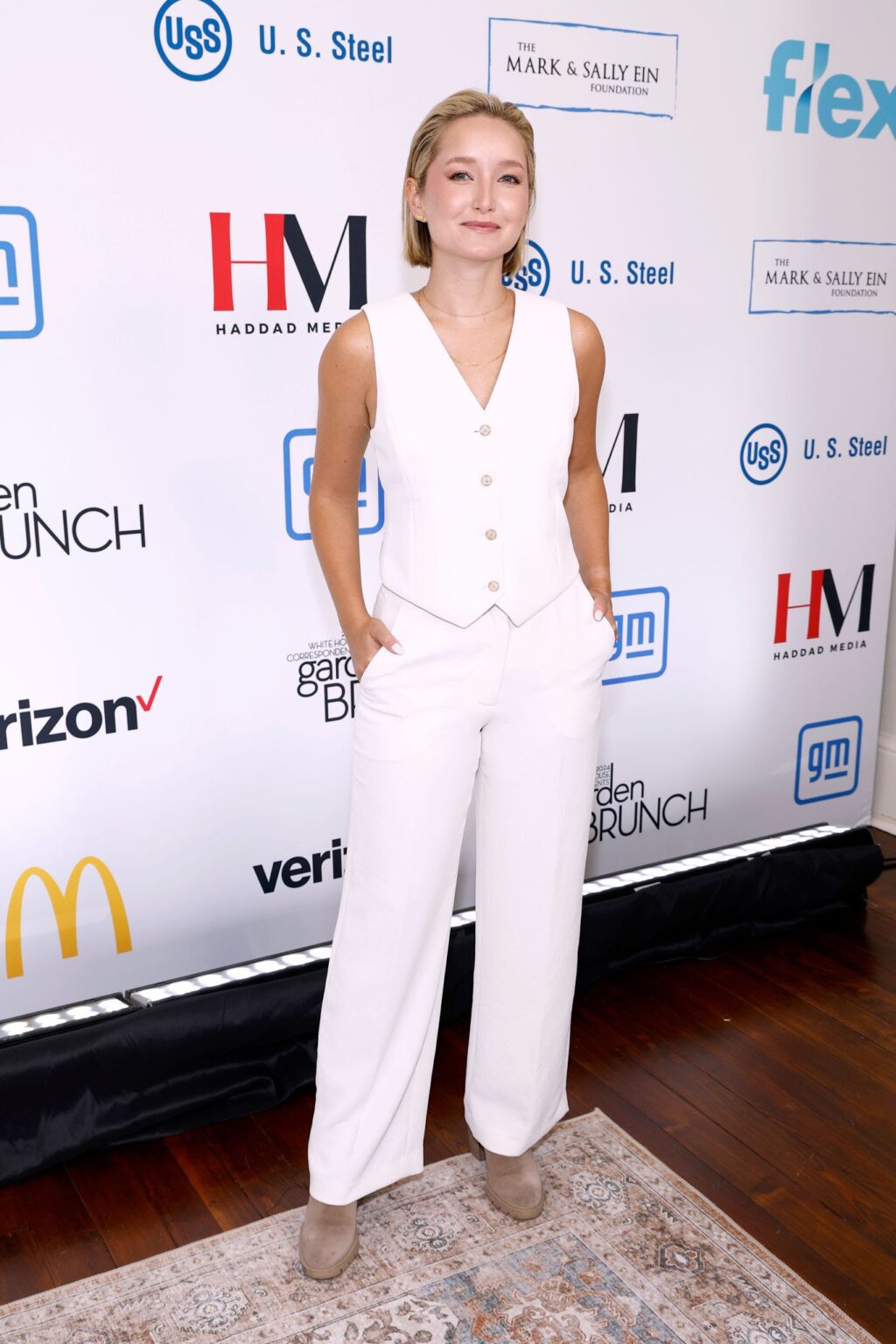
Introduction
Piers Morgan, a prominent British journalist, television presenter, and writer, has made significant waves in the media landscape over the years. Known for his confrontational style and often controversial opinions, Morgan has become one of the most recognised figures in British television. His career spans over three decades, during which he has tackled various topics ranging from politics to celebrity culture, making him a crucial figure worth examining.
Career Highlights
Piers Morgan first gained national recognition in the UK as the editor of News of the World and later Daily Mirror. His sharp editorial choices and distinctive voice shaped tabloid journalism, firmly placing him in the spotlight. In 2011, he made the leap to American television, hosting his own talk show, Piers Morgan Tonight, on CNN. The show allowed him to delve into various social and political issues while conducting high-profile interviews with figures like Barack Obama and Oprah Winfrey.
After leaving CNN in 2014, Morgan returned to the UK, co-hosting the breakfast show Good Morning Britain on ITV. His candid opinions and willingness to pose difficult questions often led to polarising reactions from viewers and guests alike. However, during his time on the programme, he also contributed to increased ratings and discussions that resonated widely with the public.
Controversies and Media Presence
Throughout his career, Morgan has been no stranger to controversy. His outspoken views on social media, particularly regarding sensitive topics such as mental health, gender issues, and celebrity behaviour, have sparked significant debate. One of the most notable incidents occurred in March 2021, when he left Good Morning Britain following a backlash over his critical comments about Meghan Markle, Duchess of Sussex. His departure ignited discussions about the limits of media commentary, free speech, and the responsibility of journalists.
Conclusion
Piers Morgan remains a polarising yet influential figure within the media landscape. His career reflects the changing dynamics of journalism and media consumption in the digital age, symbolising the conflicts between traditional media values and the demands of contemporary audiences. As such, they continue to shape conversations around accountability, transparency, and the responsibilities that come with having a platform. As he forges ahead in the world of journalism and television, Morgan’s voice and opinions seem poised to remain in the spotlight, fostering both engagement and debate in the public domain.
You may also like

Stephen Colbert: Revolutionising Late Night Television

Exploring the Impact of Hannah Fry in Mathematics and Media
